
Read or listen offline
自动生成的音频
1×
自动生成的音频
Recommendation
The 2014 edition of the Economist Intelligence Unit’s survey on livability offers a succinct yet granular assessment of living conditions in 140 of the world’s cities. The survey’s ratings derive from an elaborate construct of qualitative and quantitative metrics that gauge what makes a city livable: its “stability, health care, culture and environment, education, and infrastructure.” getAbstract commends this cogent reference to executives considering relocation, human resources professionals, business travelers and economic development specialists.
Take-Aways
About the Author
The Economist Intelligence Unit is an independent research and analysis organization.
By the same author
Report
Report
Report
Report
Report
Report
Report
Report
Report
Report
Report
Report
Learners who read this summary also read
Article













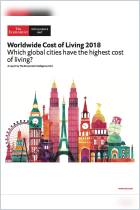

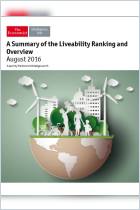
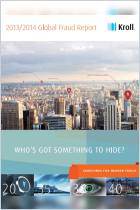
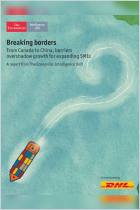
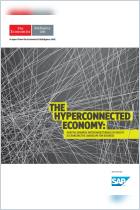
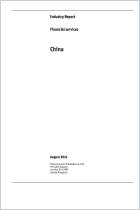
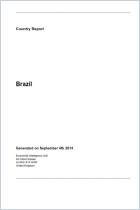
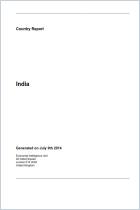
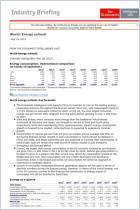
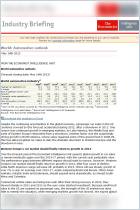
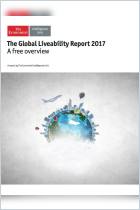
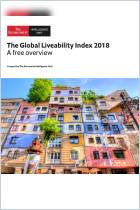
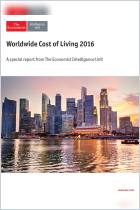
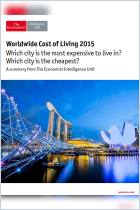
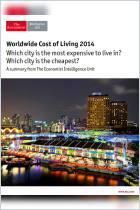
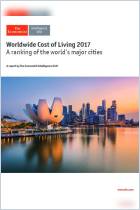






Comment on this summary or 开始讨论